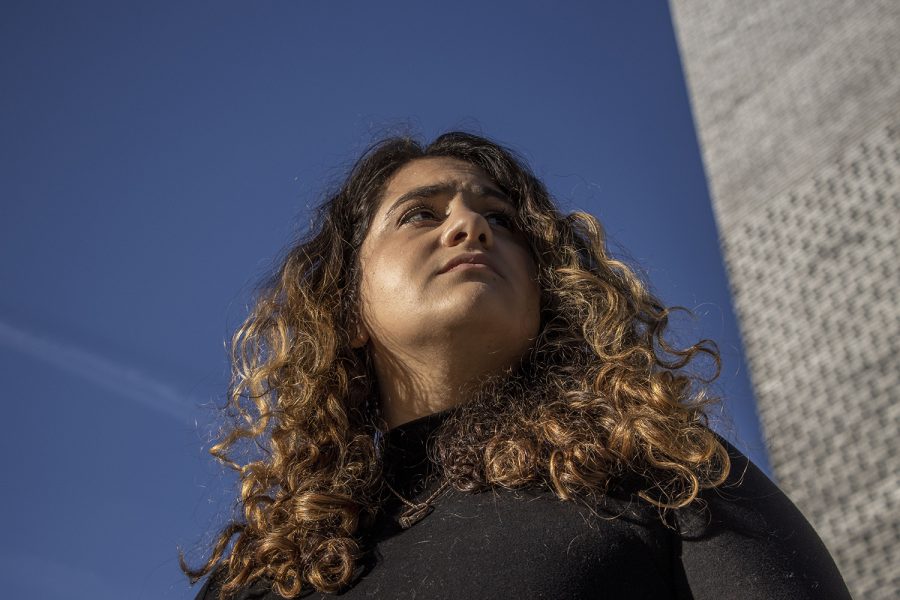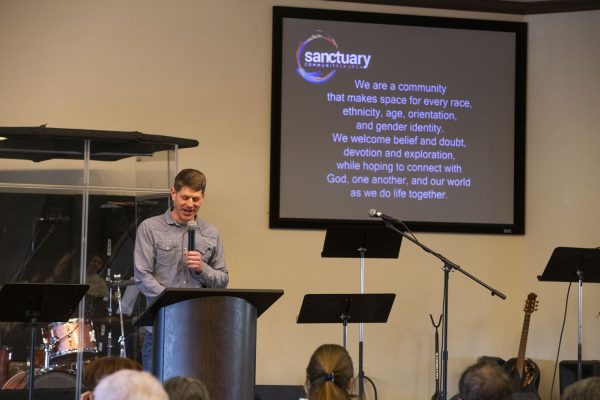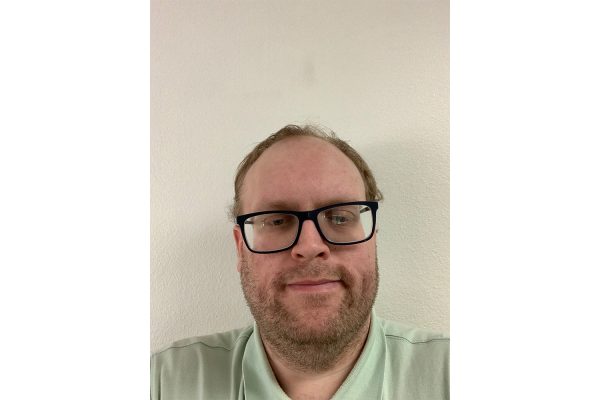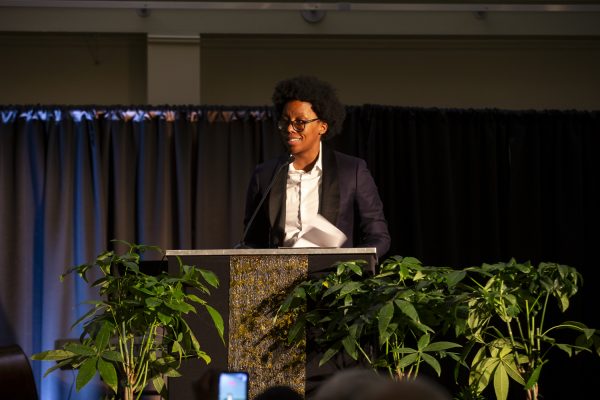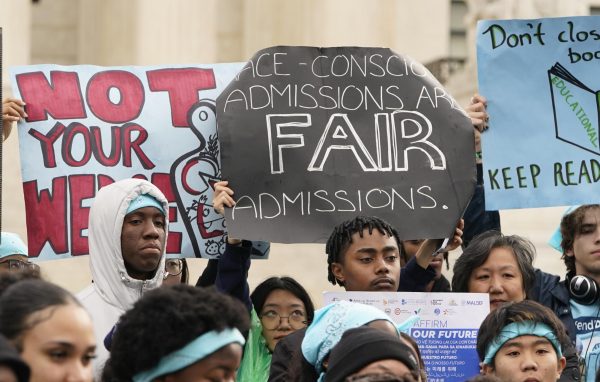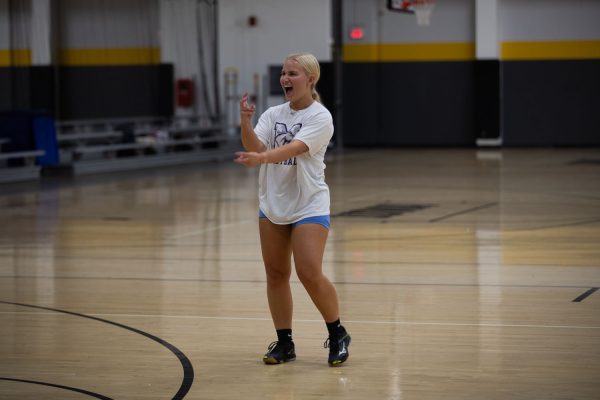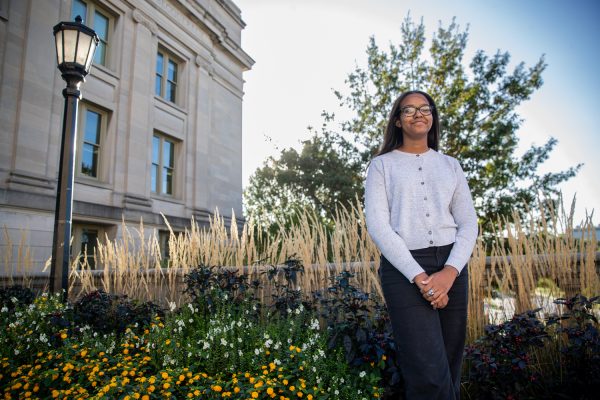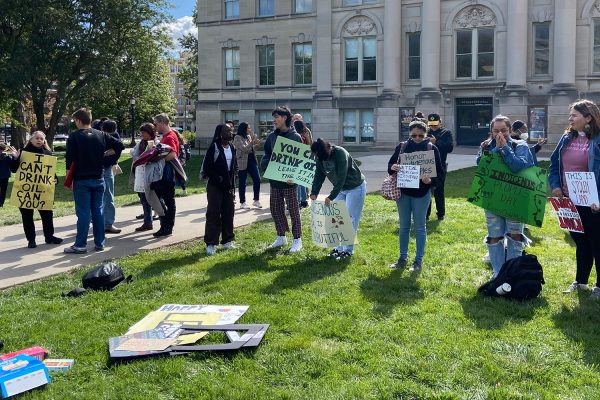SWANA students at the UI want to feel heard
The University of Iowa could and should do more to make SWANA students feel like they matter.
October 18, 2022
Middle Eastern, Southwest Asian, North African, and Arab (SWANA or MENA) University of Iowa students — like myself — are wondering when the alienation, targeting of our community, and connotation with violence will end at the university.
Map by Ryan Hansen/The Daily Iowan
My academic year started with one instance that told me anti-SWANA and Islamophobic ideology remain unchallenged on campus in 2022.
After an afternoon class, one student approached me and questioned my status as a second-generation Moroccan American. From here, the conversation quickly took a direction I am used to in Iowa.
“With my Christian mission group,” the student explained, “I’m going to Morocco to bring the Bible, love, and education. We know how much your people — especially women — are lacking basic human rights and opportunity.”
These types of conversations are never lengthy, but the feeling of my culture being unwelcome and wrong by white Americans never leaves.
As local media and academic misinformation promote remembering Sept. 11 on the anniversary of the 2001 terrorist attacks, the primary reason 9/11 is annually highlighted is not to remember the lives lost on that day or to celebrate any aspect of “American perseverance.”
Instead, these actions send a clear message at a primarily white institution like the UI: SWANA-identifying people matter less than citizens of the U.S. who ethnically identify as European.
When we only share stories about the SWANA/MENA region and culture around 9/11, we continue the idea that Islam in particular — but also the SWANA region and its people — only correlate with violence.
This rhetoric normalizes targeting SWANA and Muslim communities living in the U.S. and on campus.
Of course, individual students and professors aren’t entirely to blame. The UI has a history of exclusion in its diversity, equity, and inclusion initiatives.
If the UI cared about diversity, equity, and inclusion, it wouldn’t gatekeep “person of color” and “marginalized” statuses to the American view of what these terms mean, which is known to be political, non-inclusive, or representative of actual diversity in the world.
There is no perfect solution to representation while using guidelines set by the U.S. system.
The grouping of many people under a singular label is a problematic practice. For SWANA/MENA, the only connection between these groups is their history of colonization, oppression of Brown and Black bodies, and the view that societies not shaped after European visions of civilization are ignorant and “savage.”
SWANA includes a diverse range of culture, language, and other forms of expression that thrived for centuries in their own ways across nomadic groups, empires, and other forms of community prior to European invasion in Asia and Africa.
One recent example of this disparity and conflation of all SWANA people is seen in the media coverage on the violence in Ukraine versus the Palestinian occupation.
Last year, after the initial Russian invasion of Ukraine, many of my classes were canceled for a few days for students to process world events. Professors even changed their syllabi to reflect the tragedies facing Ukrainians and hosted classroom discussions.
Many SWANA community members feel the actions of the Russian government against Ukrainians mirror the actions of Israeli leaders against occupied Palestinians. I have never had a professor highlight issues in Afghanistan, occupied Palestine, Egypt, or other SWANA countries still facing colonization, ethnic cleansing, and other forms of European invasion.
This problem continues outside the classroom and is impacting student organizations as well.
In conversation with the UI’s Undergraduate Student Government, myself, and Asel Nasr, a Libyan UI undergraduate student, we were shown through lack of response to emails and purposeful misleading statements that the creation of a SWANA constituency position is of low priority.
Constituency positions exist to represent the campus diversity and currently include Black, Latine, Asian and Pacific Islander, and representatives of other marginalized identities.
Before starting the now-year-long fight for the creation of a SWANA constituency position, Nasr and I were informed by SWANA UI faculty that advocating for our community on campus is not well received, and any initiatives to highlight SWANA oppression were a waste of time.
This academic year, both Nasr and I are feeling the impact and emotional burnout of these wise words of warning: No one wants to listen.
Although work with USG representatives began last fall, there has been little to no interest in a vote to get SWANA voices heard in USG discussions without Nasr and I taking on the labor of forcing USG’s hand in the matter.
One major point of pushback from UI administration on supporting SWANA DEI initiatives: SWANA/MENA people living in the U.S. must identify as white Americans under current federal legislation.
Following this national rhetoric, UI administrations have claimed these federal guidelines force UI to label SWANA students as white Americans, although many SWANA people do not feel this label is fitting for the level of discrimination and alienation they face.
In 2016, the federal Office of Management and Budget issued proposed changes to add North African and Middle Eastern as part of its race and ethnicity data collection. As of 2022, the change has not been nationally acted upon, and UI still does not officially recognize these identities as distinct from white Americans.
The argument of “impossible to change” didn’t hold true when actions of other Big Ten universities were considered.
University of Michigan does make a distinction between SWANA people and white Americans. A representative of Michgian’s registrar’s office confirmed over the phone the university follows the undergraduate Common App racial/ethnic survey options, which includes a Middle Eastern/North African category.
Many SWANA community members on campus are sick of advocating and not being listened to. It is emotionally tiring labor, something that takes a specific drive and resiliency to overcome again, and again, and again.
SWANA students and staff that were reached out to for this article declined to comment, many of them citing that they didn’t believe prejudice would change if they were to speak out.
I don’t blame them. As a Daily Iowan journalist, I have written about the SWANA community multiple times. Even so, the fight for recognition on campus continues.
At this point, there is no end in sight.
“It’s been hard to sustain momentum on campus issues facing the SWANA community. Groups have been open to discussion, but not necessarily willing to take action,” Nasr said.
SWANA voices matter, their culture matters, and their lives matter. Many are left wondering when the UI community will start acting as if they believe that message.



